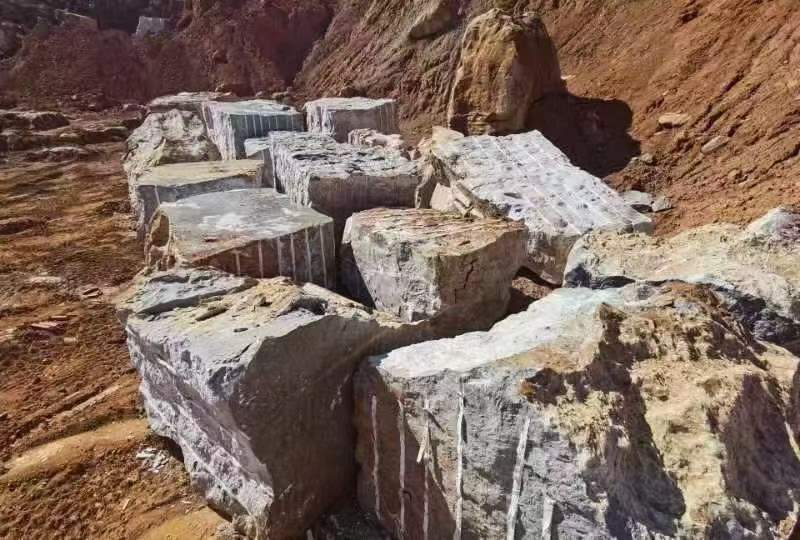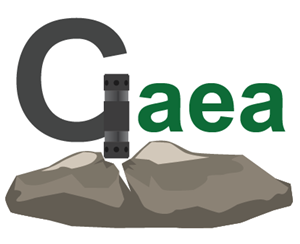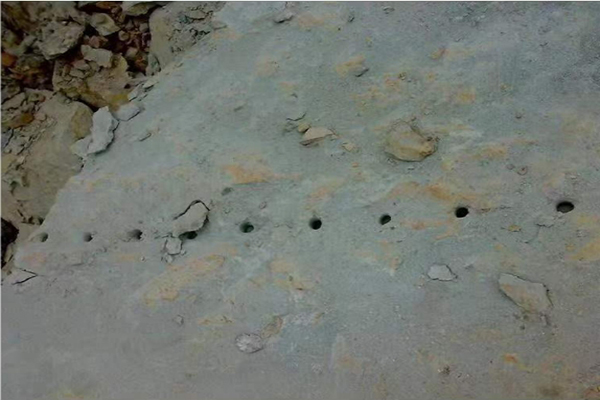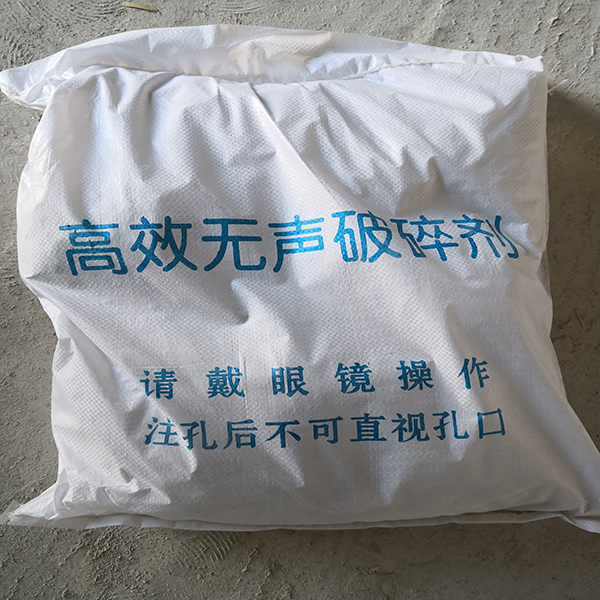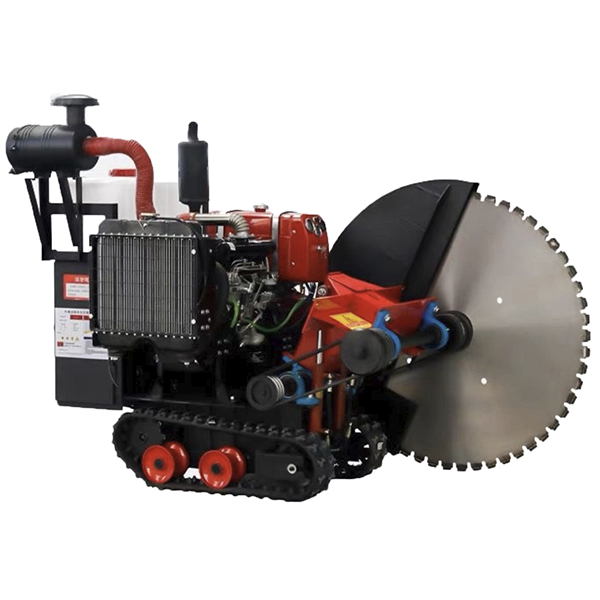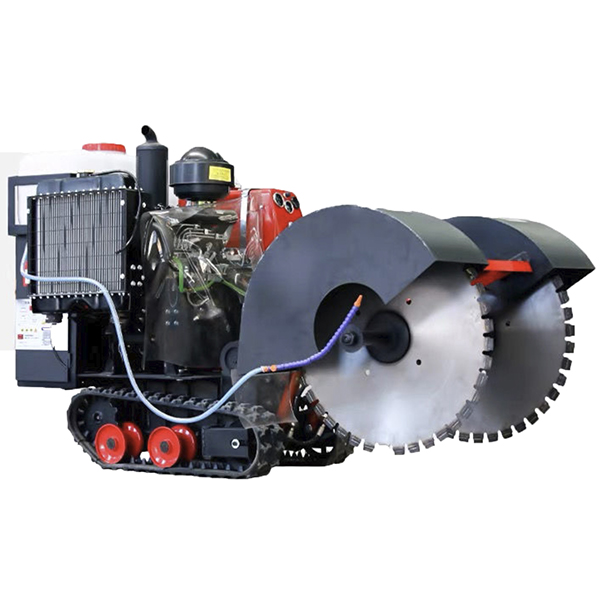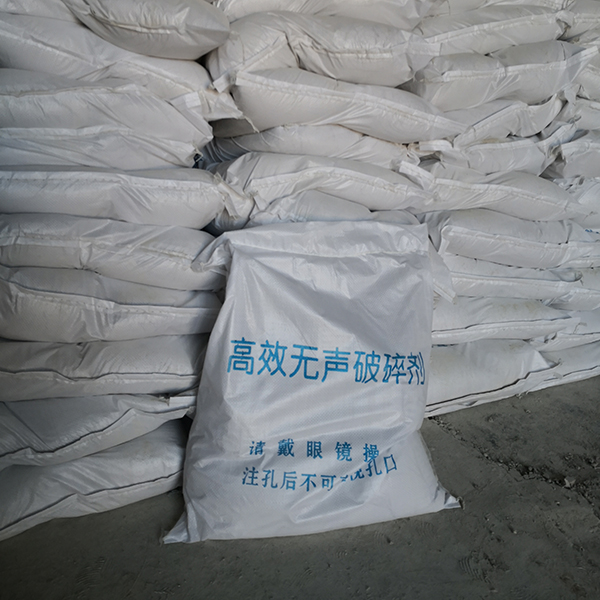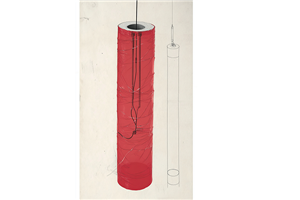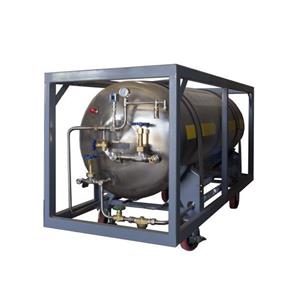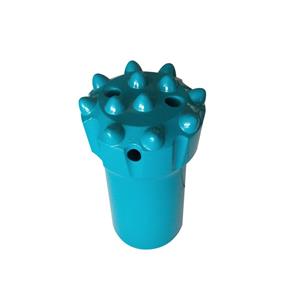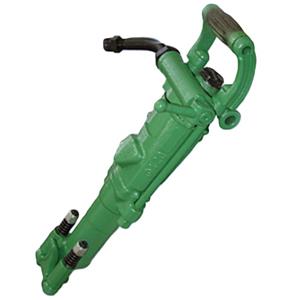
- China
Expansive cement, a vital material in construction, expands during hydration, countering shrinkage of regular cement. Its performance is remarkable: creating self-stress in concrete, enhancing impermeability, and bolstering long-term durability. With various types like Portland and sulfoaluminate, it addresses diverse needs from waterproofing to self-stressing reinforced pipes. Efficient packaging and storage are crucial for its longevity. However, challenges like slump loss during hot weather necessitate careful handling.
Expansive cement,High Range Soundless Cracking Agent (HSCA)
Expansive cement refers to a hydraulic cementitious material made by grinding Portland cement clinker with an appropriate amount of gypsum and expanding agent. According to the main components of cement, it is divided into silicate type, aluminate type and sulfoaluminate type expansion cement; according to the expansion value of cement and its use, it is divided into two categories: shrinkage compensation cement and self-stressing cement.
Cement that produces volume expansion during the hydration and hardening process. Generally, Portland cement will shrink in volume when it hardens in the air. Shrinkage will cause micro-cracks in the cement stone structure, reduce the compactness of the cement stone structure, and affect the structure's impermeability, frost resistance, and corrosion resistance. Expansive cement will not shrink in volume during the hardening process, but will expand slightly, which can solve the adverse consequences caused by shrinkage. Expanded cement has many uses.
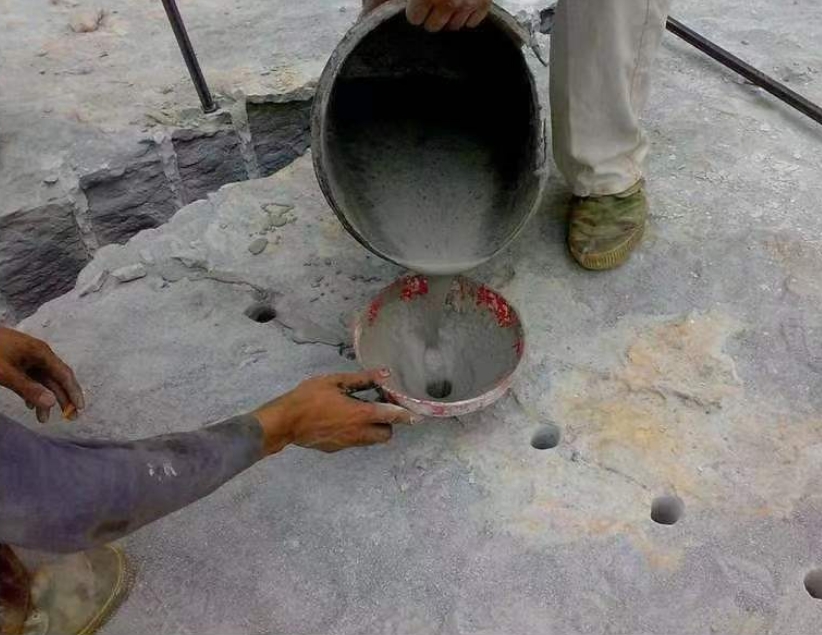
Performance characteristics:
1. The free expansion rate of concrete prepared from expanding cement in water is 8 to 10×10-4, which can establish a self-stress of 0.2 to 0.6MPa in the concrete, meet the requirements for compensating shrinkage, and can reduce or prevent shrinkage and cracking of concrete;
2. The anti-permeability grade of expanded cement concrete is greater than S30, which is also called self-waterproof concrete. Using this cement to prepare self-waterproof concrete saves labor and materials, shortens the construction period, and has good durability;
3. The new type of expanded cement has high strength in the early stage, greater strength growth in the later stage, and a steady increase in long-term strength;
4. The concrete prepared with expanded cement has expansion self-stress inside, which creates a stronger holding force with the steel bars;
5. Contains no chlorine salt and has no rust on steel bars.
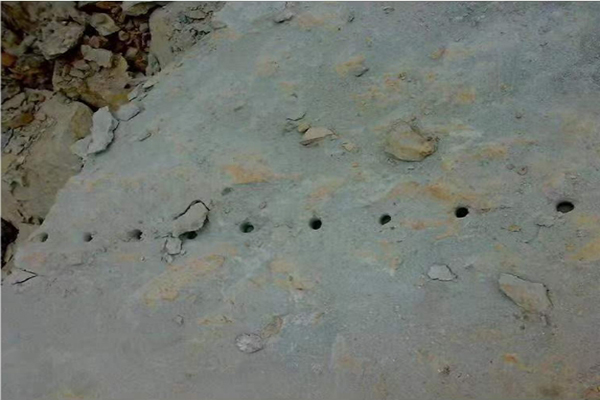
The main purpose:
1. Portland expansion cement
Mainly used to make waterproof mortar and waterproof concrete. Suitable for reinforcing structures, pouring machine bases or anchoring anchor bolts, and can be used for joints and repair projects. However, it is prohibited to be used in water projects with sulfate corrosion.
2. Low heat micro expansion cement
Mainly used for concrete and large-volume concrete with lower heat of hydration and shrinkage compensation requirements. It is also suitable for projects requiring impermeability and sulfate corrosion resistance.
3. Sulfoaluminate expansion cement is mainly used for pouring component joints and in concrete projects for impermeability and shrinkage compensation.
4.Self-stressing cement
Mainly used for self-stressed reinforced concrete pressure pipes and their accessories.
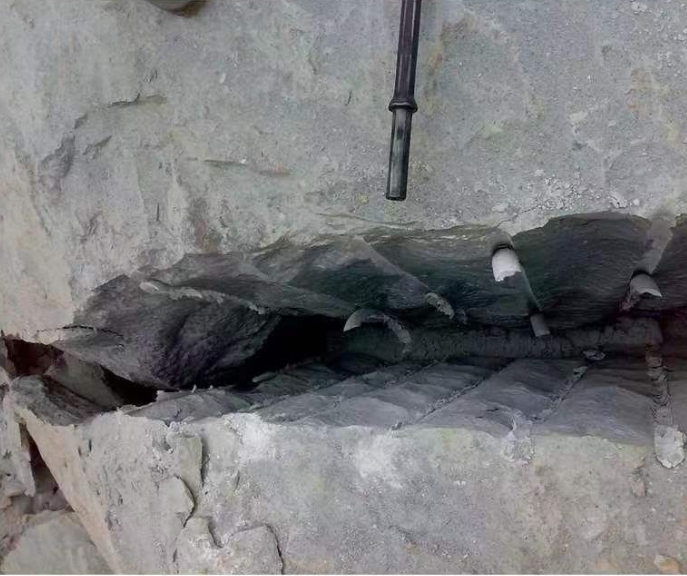
1. A trial mix should be carried out before construction to determine the reasonable expansion amount of concrete (or mortar);
2. Expanded cement is generally not mixed with other types of cement.
Packaging and storage:
Expanded cement is packed in plastic-lined woven bags, with a net weight of 40kg per bag. Other packaging can also be used according to user requirements. Expanded cement must be sealed and stored in a dry environment, with a shelf life of 6 months. It must be used once after opening the bag.
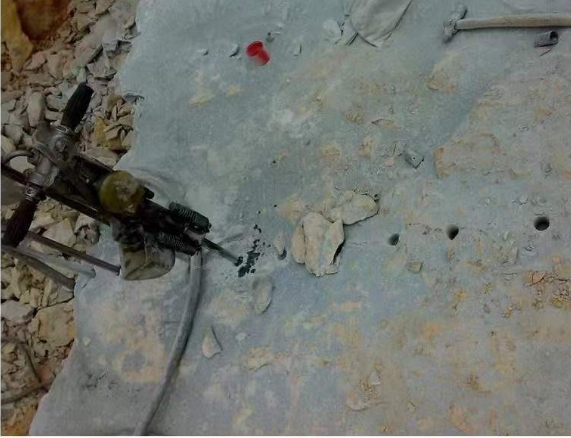
Phenomenon analysis and prevention measures:
The waterproof concrete prepared with expanded cement as cementing material is called expanded cement waterproof concrete. Since the expanded cement generates high-sulfur hydrated sulfoaluminate (ettringite) in the early stage of hardening, the volume of the concrete expands, which improves the pore structure of the concrete under constrained conditions, reduces the total porosity, and reduces the capillary pore size, thus Improve the compactness and impermeability of concrete. The expansion cements used more frequently in my country include alunite expansion cement, Portland expansion cement and gypsum alumina expansion cement. These cements, due to their large expansion properties, are not only used to prepare waterproof concrete, but are also often used to compensate for shrinkage concrete.
Phenomenon:
After the concrete mixture comes out of the tank, it will be transported and parked for about 30 to 45 minutes, and the viscosity will obviously appear, and the slump loss can reach more than 20mm, which brings difficulties to the construction operation and affects the pouring quality.
Cause Analysis:
(1) The ambient temperature at the construction site is high, especially in summer, when the temperature exceeds 35°C.
(2) Transportation and stay time are too long.
(3) Mix in other types of cement. For example, if Portland cement is mixed into a gypsum alumina cement concrete mixture, the concrete mixture will quickly lose fluidity.
(4) Excessive dosage of expanded cement. Regardless of the type of expanded cement, the gypsum content in its components is much higher than that of commonly used cement, and the SQ content can generally reach 6.5% to 7.5%.
(5) The particles of expanded cement are generally smaller than commonly used cement, and the specific surface area is generally 4800±200cm2/g, which is reflected in the water demand of the concrete mixture. Compared with ordinary cement concrete with the same slump, it is not only more (about 10 times more) %~15%), and the slump loss is fast and large.
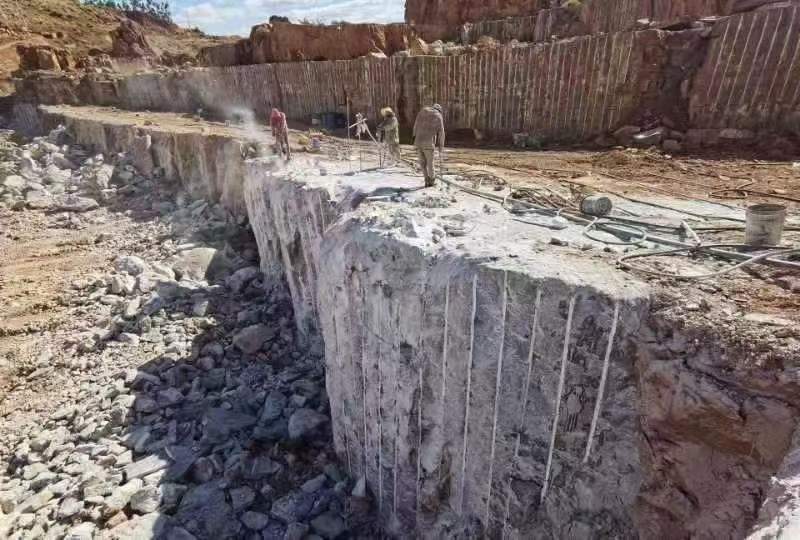
Prevention:
(1) Reasonably arrange the construction process and shorten the transportation and residence time. The allowable residence and pouring time should be determined based on tests, and the slump value should be appropriately increased during concrete mix design to compensate for possible slump loss. It is not allowed to add water to the mixed concrete mixture to adjust the slump.
(2) During construction in hot weather in summer, sunshade and heat insulation measures should be taken for sand and gravel aggregates, and heat insulation measures should also be taken for concrete mixtures during transportation to prevent exposure to the scorching sun and rapid moisture loss. However, if the construction environment temperature is too low (<5℃), insulation measures should be taken.
(3) Due to the unique characteristics of expanded cement, it is highly sensitive to the mixing of other types of cement. Therefore, it is required that expanded cement should not be mixed with other types of cement during storage, stacking, mixing, transportation, etc., to prevent rapid setting or The fluidity disappears rapidly, damaging the physical and mechanical properties of concrete. Mixers, transport trucks, trolleys, vibrators, shovels and other construction equipment should all be cleaned to prevent other cement residues from adhering to them and mixing into the expanded cement concrete to cause adverse consequences.
(4) There are many varieties of expanded cement, each with different properties and cannot be easily substituted for each other. Even if they are of the same variety or from different factories, they cannot be substituted to prevent accidents.
Related Information:
Cement that expands in volume during the hardening process is divided into Portland expansion cement, aluminate expansion cement, sulfoaluminate expansion cement and calcium hydroxide expansion cement in China according to different mineral compositions.
Portland expansion cement, alunite expansion cement, iron oxide expansion cement, magnesium oxide expansion cement, K-type expansion cement, etc. belong to the Portland type expansion cement. This type of cement is generally ground by adding various expansion components to Portland cement. For example, high alumina cement and gypsum are used as expansion components and appropriate amounts are added to Portland cement to produce Portland expansion cement. Gypsum alumina expanded cement belongs to the aluminate expanded cement. It is usually ground by adding an appropriate amount of gypsum and lime to high alumina cement.
Sulphoaluminate expanded cement is ground from sulphoaluminate cement clinker mixed with an appropriate amount of gypsum. Generally, cement with a small expansion value can be formulated with shrinkage compensating mortar and concrete, which is suitable for reinforcing structures, pouring machine bases or anchor bolts, plugging and repairing leaking cracks and holes, and waterproofing layers of underground buildings, etc.
Cement with a large expansion value, also called self-stressing cement, is used to prepare reinforced concrete. In the early hardening stage of self-stressing cement, due to chemical reactions, the volume of the cement stone expands, causing the steel bars to undergo tensile stress. On the contrary, the steel bars subject the concrete to compressive stress. This pre-compressed stress can improve the load-bearing capacity and crack resistance of reinforced concrete components. For self-stressing cement, it is required that the self-stress value of the mortar or concrete after expansion and deformation is stable is greater than 2 MPa (generally expansion cement is less than 1 MPa). Self-stressing cement can be divided into silicate self-stressing cement, aluminate self-stressing cement and sulfoaluminate self-stressing cement according to different mineral compositions. This type of cement has good impermeability and is suitable for making self-stressing pipes of various diameters that can withstand different hydraulic and air pressures, such as urban water pipes, gas pipes and other oil and gas pipelines.
During the hardening process of expanded cement, the hydrates generated by the hydration of the minerals in the cement will produce a large expansion energy when crystallizing. People have used this principle to successfully develop a silent crusher, which has been used in the demolition of concrete structures and the destruction of rocks. Good results have been achieved in mining, cutting and crushing.
